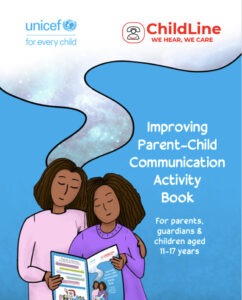What is Disability?
Disability is a term that is used to compare a person’s actual ability to normal ability. Most of the time, it is used to refer to an impairment. Disability can be grouped into four main types; physical, sensory, cognitive and mental. A person may be considered disabled if he or she has a condition where their ability to function or do things that is considered normal without help is affected.
Physical Disability
Physical disability is a broad range of conditions which include bone, muscular, nerve, and heart disorders that affects a person’s ability to move on their own. People with these disabilities often must rely upon devices such as wheelchairs, crutches, canes, and artificial limbs to be mobile. A person can be born with a disability or it may be a result of injury, disease, amputation or heart disease, to name a few. Not all physical disorders can be seen as some persons may have hidden or non-visible disabilities such as respiratory disorders like asthma and epilepsy.
Sensory Disability
Sensory disabilities affect how a person gets information from their environment. The most common are visual impairment and hearing loss. Visual impairment means a person is unable to see the world around them. Some people are born either with no vision or hearing or significantly reduced vision or hearing. Others may lose these senses due to an accident or the natural aging process. Sensory disabilities may be severe where the person cannot see or hear at all or they can be less severe where the person can use these senses with the help of hearing and visual aids.
Cognitive Disability
These disabilities affect a person’s reasoning skills, judgement, awareness and the ability to process and remember information. Most of the time, intellectual capabilities are below that of the average person but the severity depends on the type of disability. Conditions range from Alzheimer’s disease which is a serious mental impairment of the elderly to attention deficit disorder. Some occur from birth while others are due to injury among other causes.
Mental Disability
Mental disability or mental illness is a very broad term used to cover a wide range of conditions that interferes with daily activities such as learning, working and communicating among other things. How it affects someone depends on the type of disability. Some experience occasional symptoms and can function on their own with the aid of medication and treatment while others need more constant support and treatment. Some mental disorders are anxiety disorders and mood disorders.
Resources
www.kidneeds.com/diagnostic_categories/physical.htm
http://kidshealth.org/kid/health_problems/birth_defect/mental_retardation.html
Additional Information
www.ttconnect.gov.tt/gortt/portal/ttconnect/Cit_disableDetail








